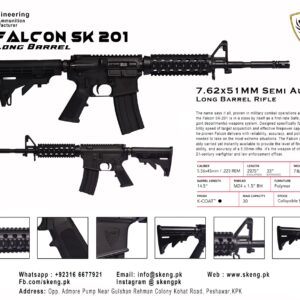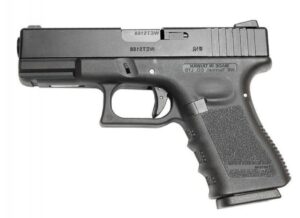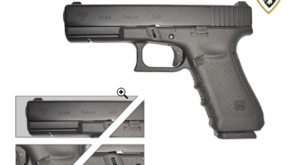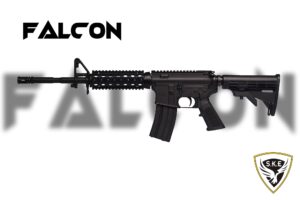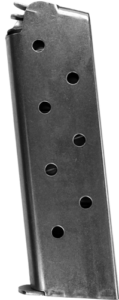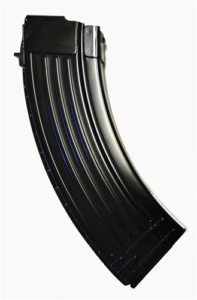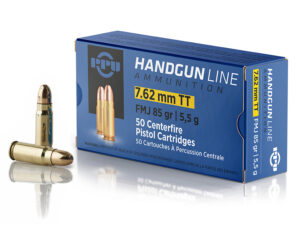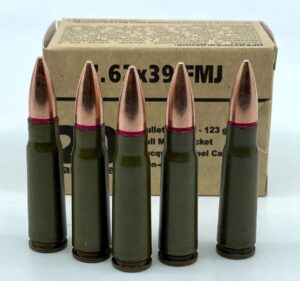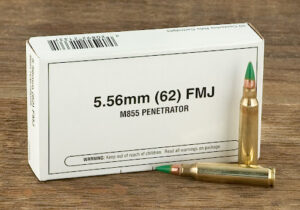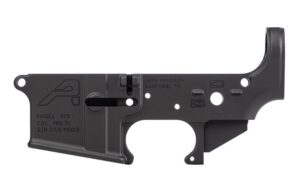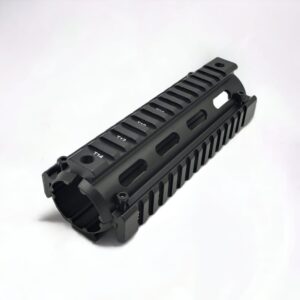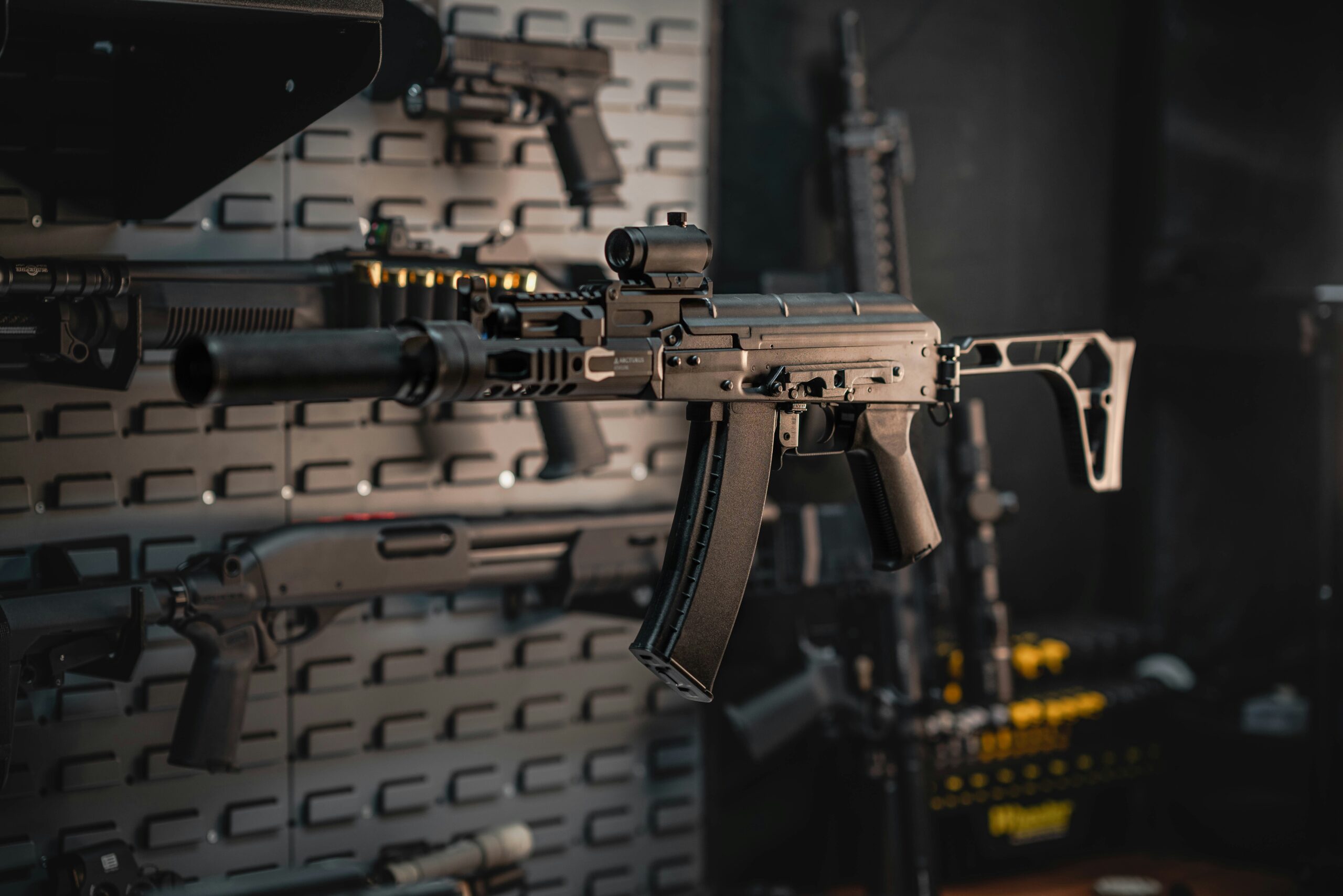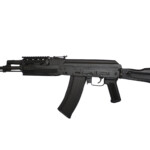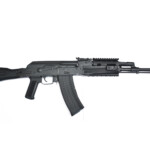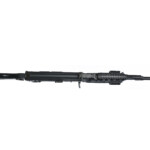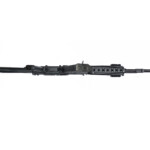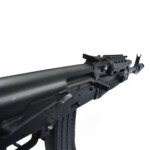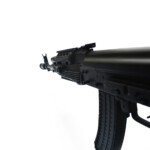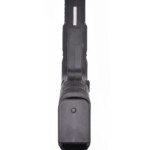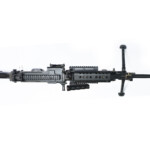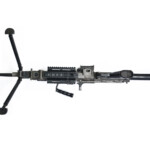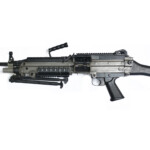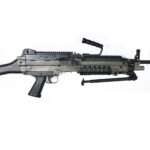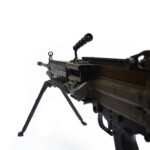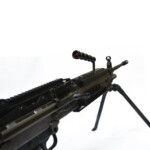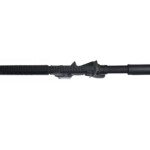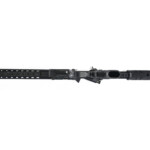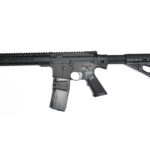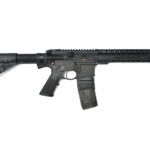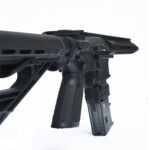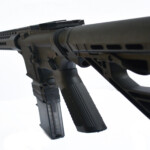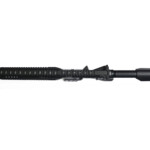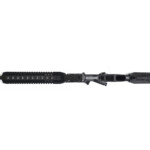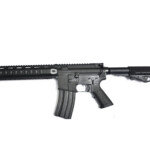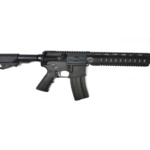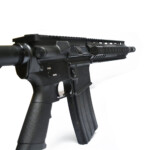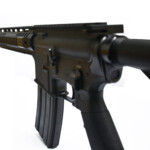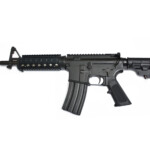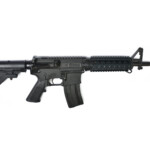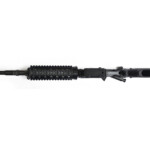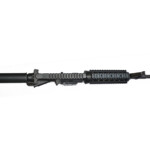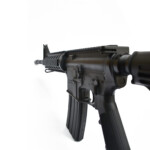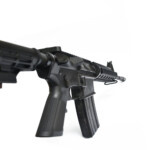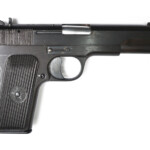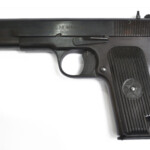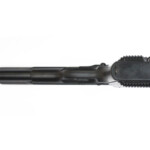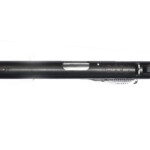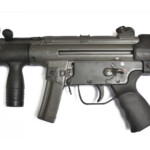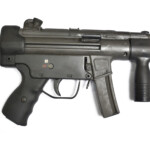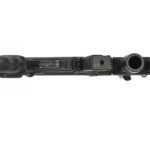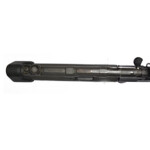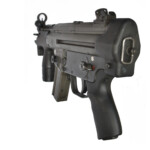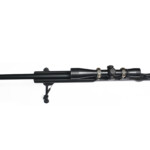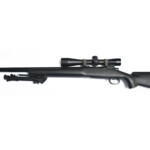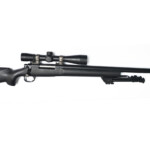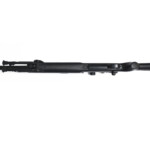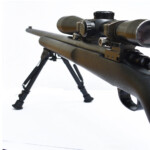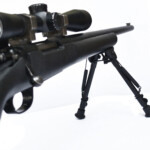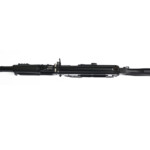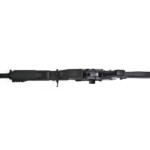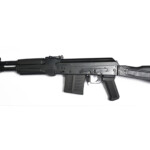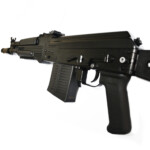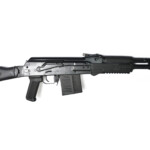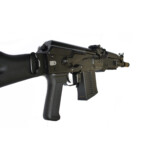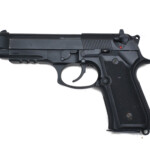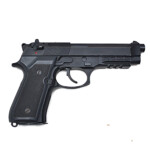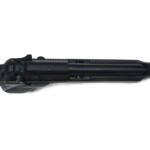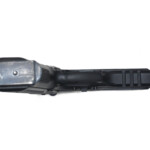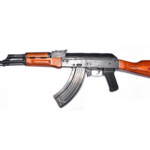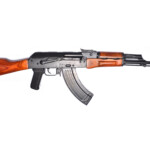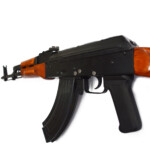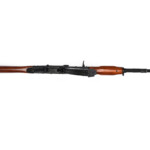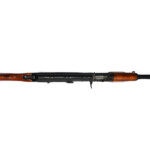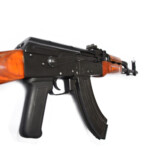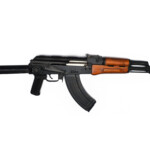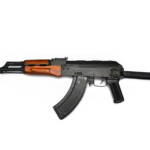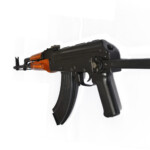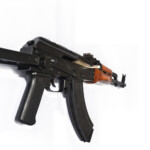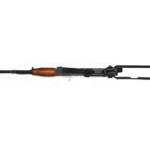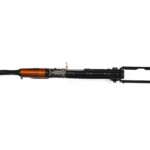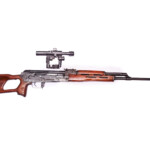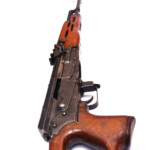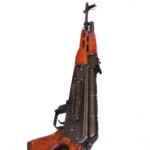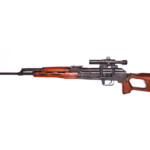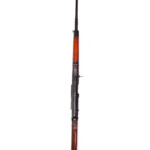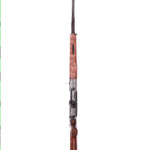Introduction to Arms Manufacturing in Pakistan
Arms manufacturing in Pakistan is a critical component of the nation’s defense strategy, ensuring its sovereignty and security. With a long history dating back to the country’s independence in 1947, Pakistan has developed a robust defense industry capable of producing a wide range of arms and ammunition. The significance of arms manufacturing in Pakistan cannot be overstated, as it not only fulfills the defense needs of the nation but also contributes to its economic growth and technological advancement.
Manufactures Arms in Pakistan
Arms manufacturing in Pakistan stands as a cornerstone of the nation’s defense infrastructure, embodying a legacy of innovation, strategic collaboration, and technological advancement. From its humble beginnings following independence in 1947 to its current stature as a key player in the global arms market, Pakistan’s arms manufacturing sector has evolved significantly. Government-owned entities like Pakistan Ordnance Factories (POF), Heavy Industries Taxila (HIT), and Pakistan Aeronautical Complex (PAC) have spearheaded the production of a diverse array of weaponry, bolstering the country’s military capabilities. Additionally, private arms manufacturers like Global Industrial & Defence Solutions (GIDS) and Khyber Pakhtunkhwa (KP) Arms Manufacturing have contributed to the sector’s growth, fostering innovation and competition.
Collaborations with foreign companies have facilitated technology transfer and joint ventures, further enhancing Pakistan’s indigenous defense capabilities. Despite challenges related to transparency and allegations of arms smuggling, the future of arms manufacturing in Pakistan appears promising, with ongoing efforts towards modernization, expansion, and self-sufficiency. Overall, arms manufacturing in Pakistan plays a pivotal role in ensuring the nation’s security, driving economic growth, and shaping its geopolitical landscape.
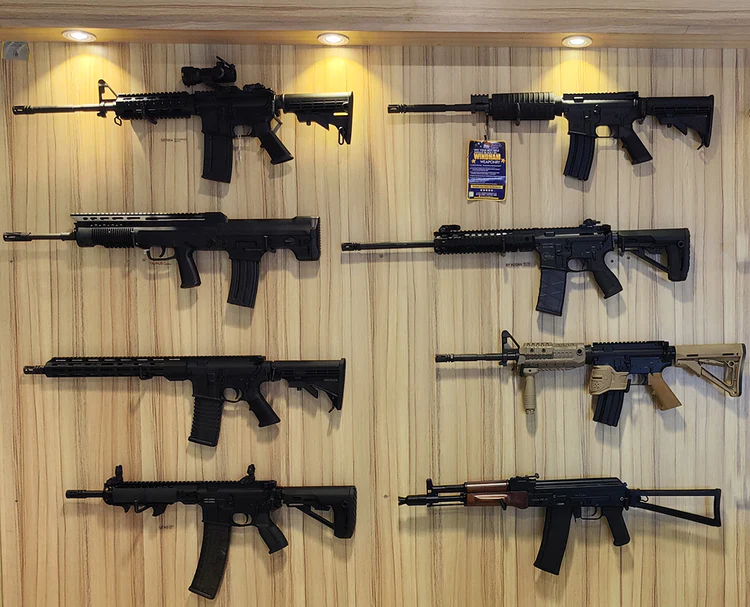
2. History of Arms Manufacturing in Pakistan
Early Developments
In the early years following independence, Pakistan faced numerous security challenges, necessitating the establishment of indigenous arms manufacturing capabilities. Small arms such as rifles and pistols were among the first weapons to be produced domestically to equip the newly formed armed forces.
Growth Over the Years
Over the decades, Pakistan’s arms manufacturing sector witnessed significant growth and diversification. From basic firearms, the industry expanded to include the production of tanks, aircraft, missiles, and other sophisticated weaponry. This expansion was fueled by a combination of domestic innovation, strategic alliances with foreign partners, and investments in research and development.
3. Government-Owned Arms Manufacturers
Pakistan Ordnance Factories (POF)
POF stands as one of the largest defense industrial complexes in Pakistan, responsible for producing a wide array of arms and ammunition. Established in 1951, POF manufactures firearms, artillery, explosives, and other defense equipment to meet the requirements of the armed forces and fulfill export orders.
Heavy Industries Taxila (HIT)
HIT specializes in the production of armored vehicles, including tanks and armored personnel carriers (APCs). Since its inception in the 1970s, HIT has played a crucial role in enhancing Pakistan’s armored capabilities, providing the armed forces with state-of-the-art vehicles equipped for modern warfare.
Pakistan Aeronautical Complex (PAC)
PAC serves as the hub for aircraft manufacturing and maintenance in Pakistan. With facilities for the production and overhaul of fighter jets, trainers, and unmanned aerial vehicles (UAVs), PAC contributes significantly to Pakistan’s air defense capabilities and aerospace industry.
Manufactures Arms in Pakistan
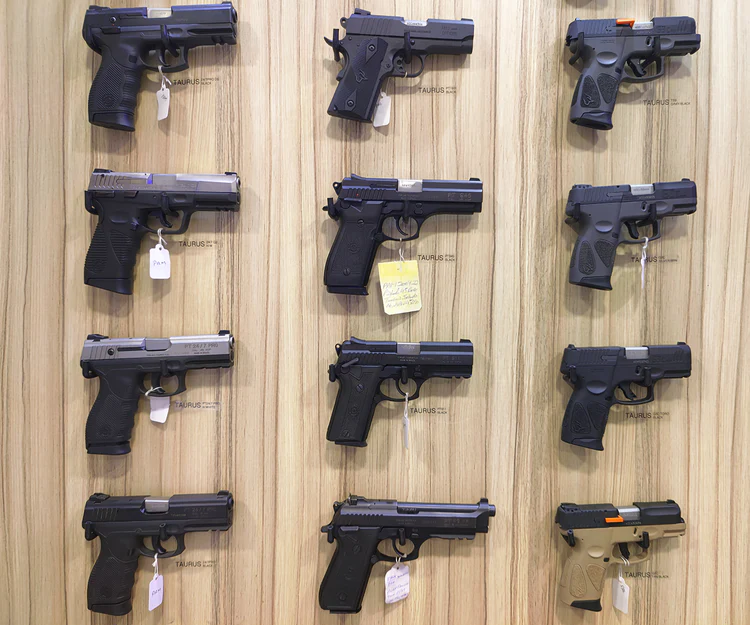
4. Private Arms Manufacturers
Global Industrial & Defence Solutions (GIDS)
GIDS is a leading private arms manufacturer in Pakistan, specializing in the production of firearms, ammunition, and military equipment. With a focus on innovation and quality, GIDS contributes to the diversification of Pakistan’s defense industry and supports the armed forces with advanced weaponry.
Khyber Pakhtunkhwa (KP) Arms Manufacturing
Situated in the Khyber Pakhtunkhwa province, KP Arms Manufacturing is known for its production of small arms and ammunition. Serving both domestic and international markets, KP Arms Manufacturing plays a vital role in meeting the defense needs of Pakistan and supporting its security objectives.
5. Collaboration with Foreign Companies
Pakistan has forged strategic partnerships and collaboration agreements with various foreign companies to enhance its arms manufacturing capabilities. These collaborations involve technology transfer, joint ventures, and procurement agreements aimed at bolstering Pakistan’s indigenous defense industry. By leveraging the expertise and resources of foreign partners, Pakistan seeks to modernize its defense infrastructure and strengthen its position on the global stage.
6. Technological Advancements
In recent years, Pakistan has made significant strides in technological advancements related to arms manufacturing. Through investments in research and development, the country has pursued innovations in areas such as precision-guided munitions, unmanned systems, and electronic warfare. These technological advancements have enhanced Pakistan’s military capabilities and positioned the country as a formidable force in the region.
7. Contribution to Military Strength
The arms manufactured in Pakistan play a crucial role in bolstering the country’s military strength and readiness. By equipping the armed forces with advanced weaponry and equipment, Pakistan ensures its ability to defend its borders and safeguard its national interests. Indigenous arms production reduces reliance on foreign suppliers and enhances Pakistan’s self-sufficiency in defense matters, further strengthening its military prowess.
8. Challenges and Controversies
Transparency Issues
Despite the significant contributions of the arms manufacturing industry, it has faced challenges related to transparency and accountability. Concerns have been raised regarding the transparency of procurement processes and the utilization of funds allocated to the defense sector. Addressing these issues is essential to build public trust and ensure the efficient use of resources.
Allegations of Arms Smuggling
Pakistan has been accused of involvement in arms smuggling activities, leading to allegations of illicit trade and unauthorized proliferation of weapons. Such allegations not only tarnish Pakistan’s reputation but also pose security risks regionally and internationally. Addressing these concerns is imperative to uphold the integrity of the arms manufacturing sector and prevent the misuse of military technology.
9. Future Prospects
Despite facing challenges, the future of arms manufacturing in Pakistan appears promising. The government’s commitment to further developing the defense industry and enhancing indigenous capabilities bodes well for the sector’s growth. Investments in research and development, infrastructure, and skill development will play a crucial role in shaping the future trajectory of the arms manufacturing industry, positioning Pakistan as a key player in the global defense market.
In conclusion, arms manufacturing is a vital component of Pakistan’s defense infrastructure, contributing to its security, economic growth, and technological advancement. With a mix of government-owned and private manufacturers, along with collaborations with foreign companies, Pakistan has established itself as a capable producer of arms and ammunition. The industry’s contributions to national defense and technological innovation are significant, underscoring its importance in safeguarding Pakistan’s sovereignty and interests.
Unique FAQs
- Is Pakistan self-sufficient in arms production?
- While Pakistan has made significant progress in arms manufacturing, it still relies on imports for certain advanced technologies and equipment.
- What is the significance of arms manufacturing for Pakistan’s economy?
- Arms manufacturing contributes to Pakistan’s economy through employment generation, technology transfer, and export potential.
- How does arms manufacturing impact regional security dynamics?
- Pakistan’s arms manufacturing capabilities influence regional security dynamics by affecting the balance of power and military capabilities in the South Asian region.
- Are there any international sanctions affecting Pakistan’s arms manufacturing industry?
- Pakistan has faced occasional restrictions on arms imports and technology transfers due to international concerns about proliferation and security issues.
- What steps is Pakistan taking to address transparency concerns in the arms manufacturing sector?
- The Pakistani government has initiated measures to enhance transparency and accountability in arms procurement and manufacturing processes, aiming to address concerns raised by various stakeholders.
- How does arms manufacturing contribute to technological advancement in Pakistan?
- Arms manufacturing drives technological advancement in Pakistan by necessitating innovation in materials science, engineering, and manufacturing processes. The development of advanced weaponry requires cutting-edge technologies, leading to the creation of spin-off technologies that benefit other industries. Additionally, investments in research and development within the defense sector often result in technological breakthroughs that have civilian applications, contributing to broader technological progress in the country.
- What role does arms manufacturing play in Pakistan’s foreign policy?
- Arms manufacturing is an integral aspect of Pakistan’s foreign policy, as it allows the country to assert its sovereignty and defend its national interests. Through the production and export of arms and ammunition, Pakistan can establish strategic alliances and forge diplomatic relationships with other countries. Furthermore, the defense industry serves as a tool for promoting Pakistan’s image as a reliable partner in regional security initiatives and contributes to its geopolitical influence on the global stage.
- How does arms manufacturing impact employment in Pakistan?
- Arms manufacturing is a significant source of employment in Pakistan, providing jobs across various skill levels and sectors. The industry directly employs engineers, technicians, and production workers involved in the design, development, and manufacturing of arms and ammunition. Additionally, it creates indirect employment opportunities in support industries such as logistics, transportation, and maintenance. The proliferation of arms manufacturing facilities also stimulates local economies, leading to the growth of ancillary businesses and services in surrounding communities.
- What measures does Pakistan take to ensure the safety and security of its arms manufacturing facilities?
- Pakistan implements stringent security measures to safeguard its arms manufacturing facilities and prevent unauthorized access or tampering. These measures include the deployment of security personnel, surveillance systems, and access controls to restrict entry to authorized personnel only. Additionally, the government enforces strict regulations and protocols for the handling, storage, and transportation of arms and ammunition to mitigate the risk of accidents, theft, or misuse. Regular audits and inspections are conducted to assess compliance with safety and security standards and identify areas for improvement.
- How does arms manufacturing contribute to Pakistan’s national defense strategy?
- Arms manufacturing plays a central role in Pakistan’s national defense strategy by ensuring the readiness and self-sufficiency of its armed forces. The indigenous production of arms and ammunition reduces dependency on foreign suppliers, mitigating the risks associated with geopolitical tensions or embargoes. Moreover, arms manufacturing enables Pakistan to tailor its defense capabilities to meet specific threats and challenges, enhancing its overall military preparedness and deterrence posture. By continuously innovating and modernizing its defense industry, Pakistan strengthens its ability to defend its sovereignty and protect its citizens from external threats.


